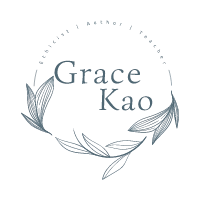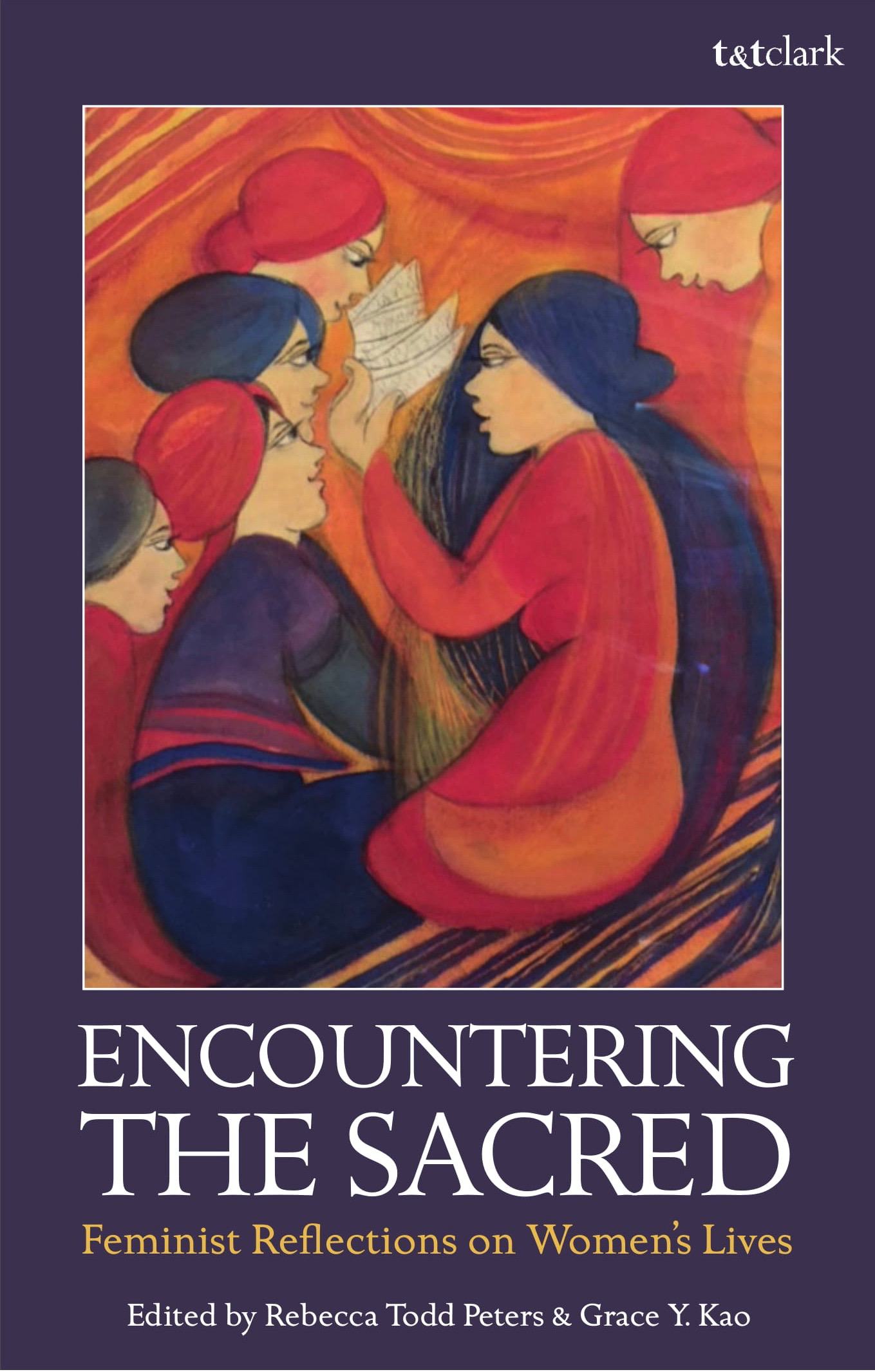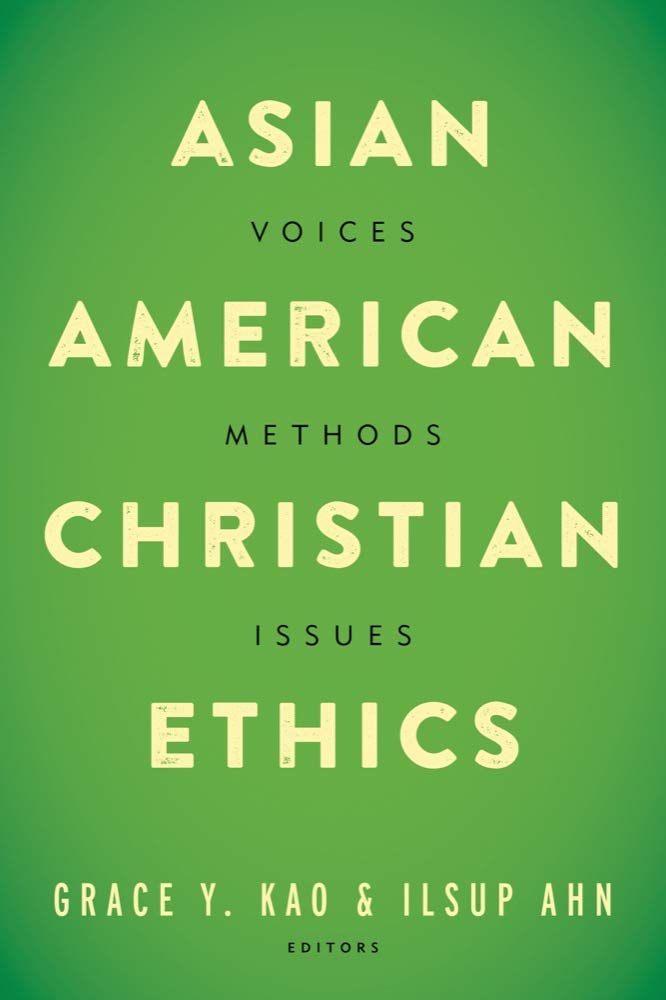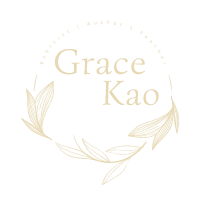Books
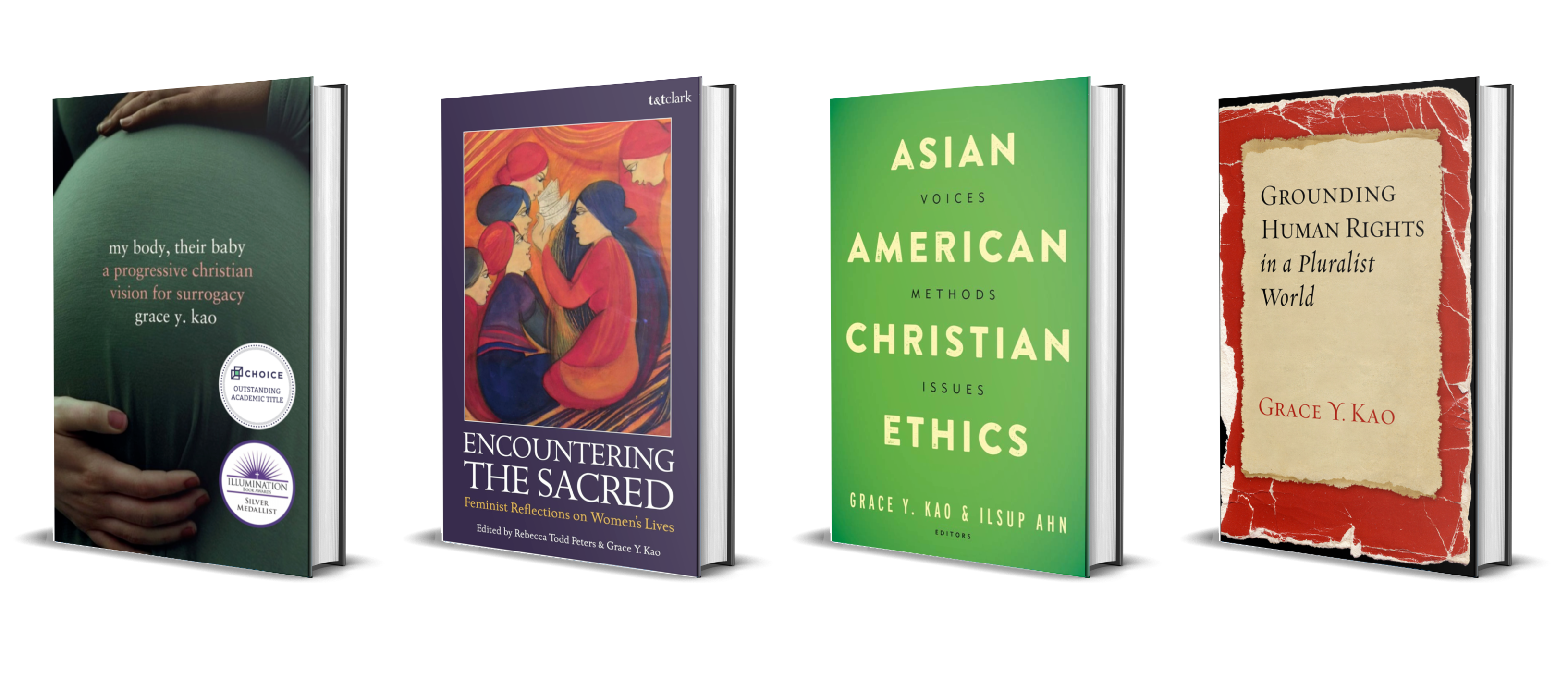
My Body, Their Baby
While the use of assisted reproductive technology to bear children has brought joy to countless families, surrogacy remains the most controversial method of family building. Singles and couples who are involuntarily childless, facing secondary infertility, or same-sex are increasingly turning to surrogacy at the same time jurisdictions across the world are clamping down on the practice. But what explains the global rise in surrogacy and why are critics pushing for greater regulations or even total prohibitions on the industry? How do surrogates actually feel about birthing babies for others and how do they and the children they bear ultimately fare? My Body, Their Baby helps readers sort through these matters while advancing the moral permissibility and beauty of certain kinds of surrogacy arrangements.
Grace Y. Kao, an ethicist by trade and Christian by confession, intersperses personal anecdotes of her surrogate motherhood with the scholarly literature on reproductive technology to offer readers something beyond an academic treatise on the morality of a contested social practice.
Her book was won a 2024 silver medal Illumination Book Award in theology and was named a 2024 Outstanding Academic Title by CHOICE.
Her book has been reviewed in CHOICE, Journal of the Society of Christian Ethics, Perspectives on Science and Christian Faith, Presbyterian Outlook, Project on Lived Theology, Publishers Weekly, Reading Religion, Religion News Service, Tsong Law Group, Women in Theology, Word & Way, and elsewhere.
Encountering the Sacred
12 scholars bring feminist theology alive in new and exciting ways by combining memoir with the tools of their trade. The contributors reflect theologically on the realities and complexities of their lives by narrating personal experiences ranging from friendship and voluntary childlessness in marriage to medical bedrest and simple living. Other essays engage experiences of a more sensitive and painful nature including racism, reproductive loss, sexual assault, and the death and dying of loved ones. In centering ordinary experiences for theological reflection, this book offers readers new opportunities for both reimagining their own faith and spirituality and reconceiving the task of theology.
Readers will be challenged by the authors’ vulnerability and depth of theological insight to think in new and empowering ways about how to understand encounters with the sacred in their own lives.
Her book has been reviewed in Practical Theology, Reading Religion, RedTent Living, Theological Studies, WATER: Women’s Alliance for Theology, Ethics, and Ritual
Asian American Christian Ethics
This groundbreaking volume presents the collective work of 12 Christian ethicists of Asian descent in the U.S. who map the new and burgeoning field of study located at the juncture of Christian ethics and Asian American studies. These scholars identify the purposes and chart the contours of what constitutes a distinctly Asian American Christian ethical approach to moral concerns.
Asian American Christian Ethics rethinks perennial issues in Christian ethics, pressing social matters, and issues of special interest to Asian Americans. Each chapter utilizes classical Christian sources read from the particular vantage point of Asian American Christian theology, ethics, and culture. Beginning with a description of the range of Christian responses to the issue, each author describes and enacts a constructive proposal for Asian American Christian ethics. An ideal volume for researchers, teachers, and students alike, Asian American Christian Ethics articulates the foundations, questions, and goals of this vibrant and flourishing field of study.
Her book has been reviewed in Asian/North American Theological Educators, Asian American Theological Forum, CHOICE, Christianity Next, Journal of the Society of Christian Ethics, Marginalia Review of Books, WATER: Women’s Alliance for Theology, Ethics, and Ritual and elsewhere.
Grounding Human Rights in a Pluralist World
How can we defend the very idea of human rights given a lack of consensus of what it even is to be human and what makes every human being so worthy of respect?
While grappling with the arguments of several leading human rights theorists, Dr. Kao defends the universal validity of human rights against charges of relativism and ethnocentrism on the one hand, and in conversation with two oppositional strategies of justification on the other: a “maximalist” approach requiring human rights to be embedded within a robust vision of the good and a “minimalist” approach requiring no particular metaphysics, religious tenet, account of human nature, or culturally idiosyncratic norm.
Kao offers a sympathetic but critical engagement with three accounts of justification that straddle this minimalist-maximalist divide. She ultimately argues that the idea of human rights can be justified on either religious or non-religious grounds and that ethical realism provides the most satisfying account of a founding premise of the entire human rights enterprise—the equal moral worth of all human beings.
This book has been reviewed in H-Human Rights/H-Net Reviews, Immanent Frame, Journal of Religion, Journal of the Society of Christian Ethics and elsewhere.
Press Inquiries for My Body, Their Baby
Adam Schnitzer, Marketing & Sales Director
aschnitzer@stanford.edu
Mailing Address
Claremont School of Theology
10497 Wilshire Blvd, Los Angeles, CA 90024
Office Hours
(Book directly by clicking the image)
Event Inquiries
(click the icon)
